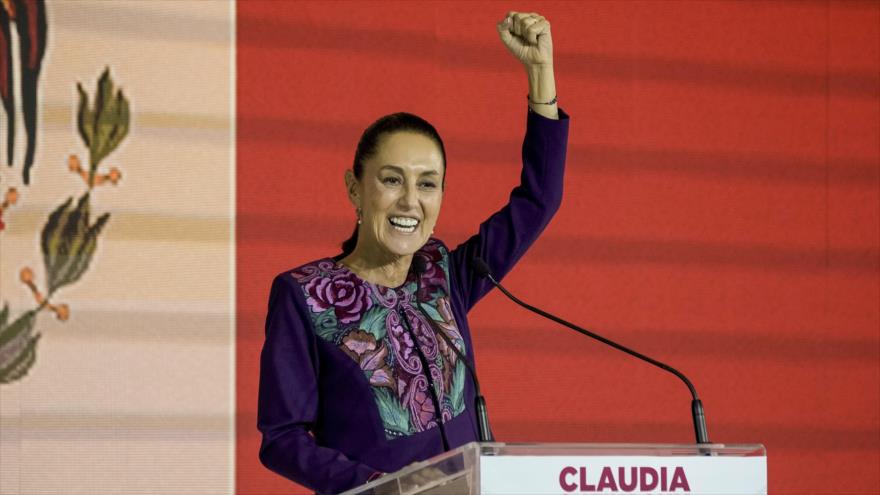Mexican markets have reacted negatively to the result of the presidential election held last Sunday in Mexico, which reflected a landslide victory for the ruling party. The main local indicators have their worst day since March 2020, when the pandemic began.
The peso depreciated 3.5%, becoming the weakest currency of the global session, trading at 17.64 pesos after reaching a high of 17.75 units; meanwhile, the main index of the Mexican Stock Exchange plummeted 5.26%.
Likewise, in the face of risk aversion, the 10-year M-bond rate rose 11 basis points to 9.89%, a level not seen since mid-2022.
The markets fear that the overwhelming victory of the ruling party could lead to changes in the Constitution contrary to the free market.
For example, in economic terms, there are concerns about the autonomy of the Banco de Mexico (with a unique mandate to keep inflation low and stable), and the credit rating of Mexico’s sovereign debt due to the large fiscal deficit of 5.8% expected for this year, with a necessary adjustment for 2025 that will reduce the expectation of economic growth.
According to the quick count (PREP) after yesterday’s election in Mexico, and with 75.6% of the votes recorded, the official candidate Claudia Sheinbaum was the winner with 58.66% of the votes, far behind was the opposition candidate Xochitl Gálvez with just over 28% of the total vote.
In the Chamber of Deputies, it is expected that the official party, Morena, and allied parties, will obtain a qualified majority (at least two thirds of the seats).
Likewise, in the Senate, it is expected that the official party, Morena and allied parties, will obtain a qualified majority (at least two thirds of the seats), while in the Senate, a simple majority is projected for Morena and its allies (over 50% of the seats, but below the qualified majority).
This opens the door for the new president to make changes to the Constitution, and even to approve the changes proposed by the current president next September when the new legislature takes office.
In economic terms, the autonomy of the Banco de Mexico and the credit rating of Mexico’s sovereign debt are of concern.
It is worth remembering that almost 80% of peso transactions are speculative in nature, so the change in the balance of risks on Mexico affects the exchange rate by making it less attractive as an investment.
Challenges for Sheinbaum
After her victory yesterday, economic analysts have warned that the new president Claudia Sheinbaum will have an adverse scenario at least at the beginning of her term, and will have to face long-term challenges that are structural in the Mexican economy, among them stand out:
Reducing the fiscal deficit, improving water and electric power infrastructure, modifying the business model of the oil company Pemex, increasing GDP per capita, boosting fixed investment of private origin, taking better advantage of the nearshoring opportunity, reducing labor informality and improving the quality of education and health services.
However, given the current government’s proclivity to spend on social programs without worrying about generating investment, economists wonder what room for maneuver the new president will have in the economy to face these challenges.


